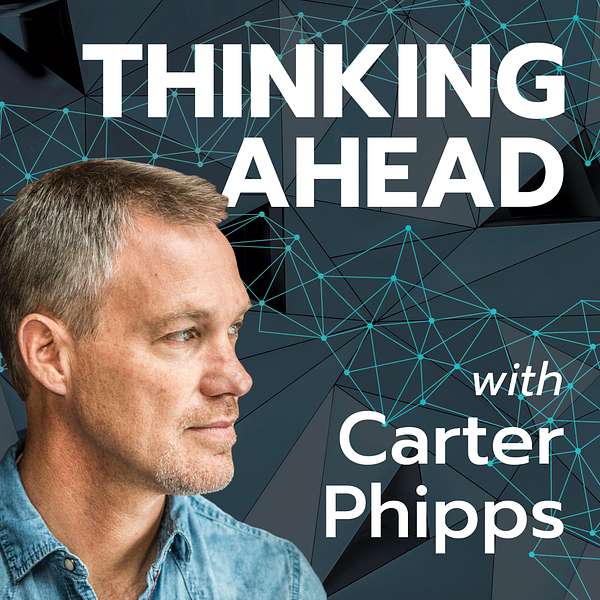
Thinking Ahead with Carter Phipps
Thinking Ahead with Carter Phipps
Christopher Leonard: Did the Fed and Easy Money Break the American Economy?
If you’ve followed this podcast for a while, you’ll know that I’m something of an economics nerd, and occasionally I indulge this passion by choosing guests who can offer insight into our past, present, and future through a financial lens. I was particularly excited to speak with journalist and author Christopher Leonard because he speaks to issues that have been troubling me for some time about the “easy money” policies of the Federal Reserve over the past decade or so. Since the Financial Crisis of 2008, we’ve gotten accustomed to hearing about low or even zero interest rates, “quantitative easing,” and other monetary policies designed to jump-start the economy. Which sounds like a good thing, right? Well, maybe. Or maybe not. I started questioning these policies when I was living in Northern California and watching the tech bubble form as hundreds of billions of dollars of venture capital flowed though that economic ecosystem. I watched the housing market go crazy, first in the Bay Area and the across the nation, and the extraordinary run of the stock market reshaping the contours of our economy. And I asked myself repeatedly, is this really a good thing? Of course, anyone who owns assets likes to see them go up in value. But is the economy as a whole served when the Fed pursues policies that significantly distort the functioning of markets? My guest on this episode, Christopher Leonard, suggests that the cost of these policies may be much greater than we realize. His recent book, Lords of Easy Money: How the Federal Reserve Broke the American Economy takes readers inside one of our country’s most unique institutions, and argues that the Fed is responsible for accelerating income inequality and setting us up for the problems we’re facing today, with inflation on the rise. Even if you’re not an economics nerd like me, I hope you’ll find this episode to be a highly lucid analysis of issues that affect all of us, whether we realize it or not.